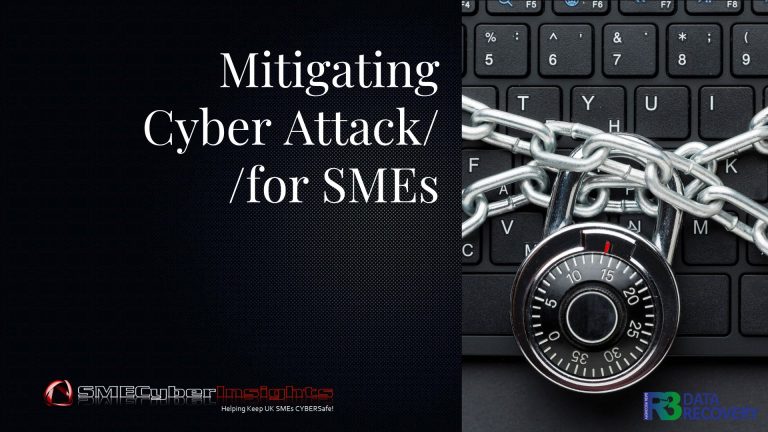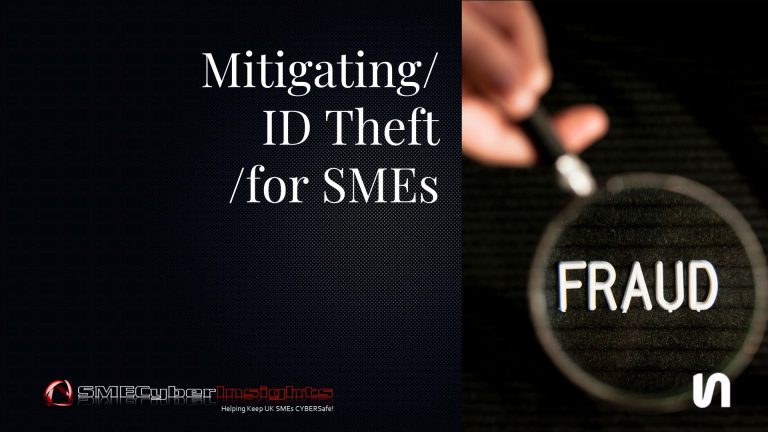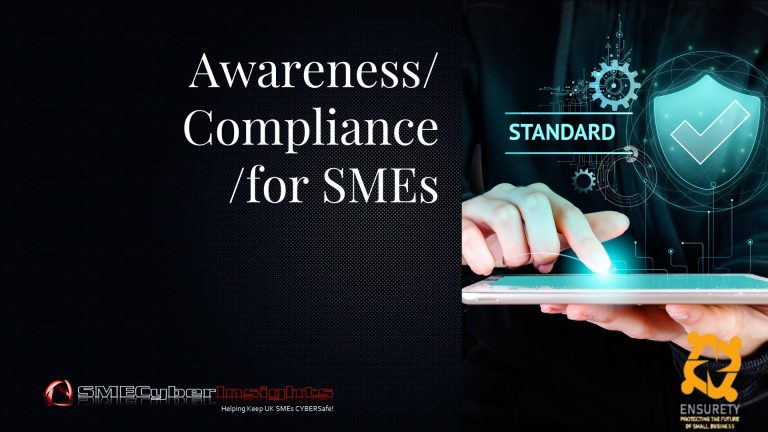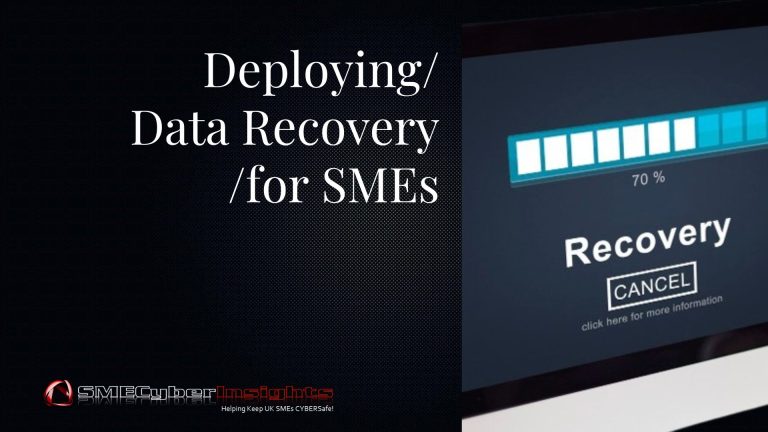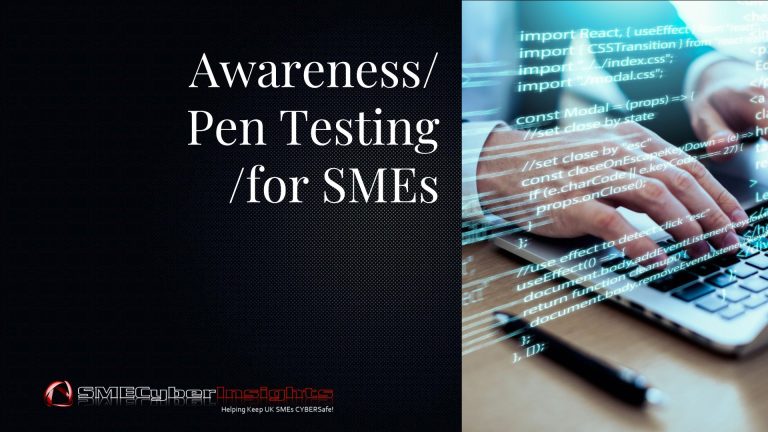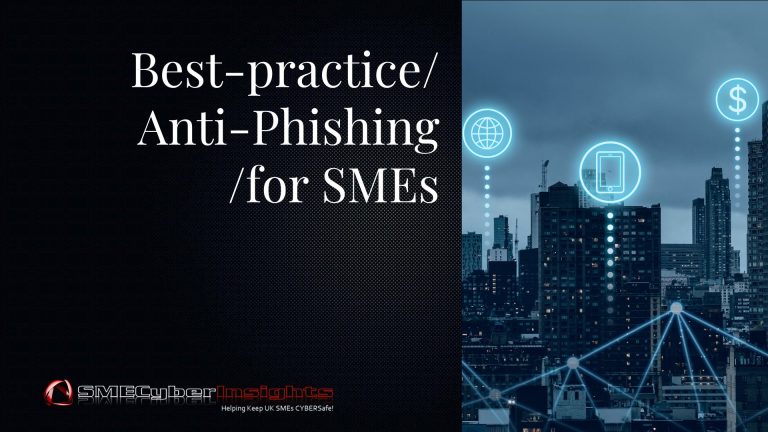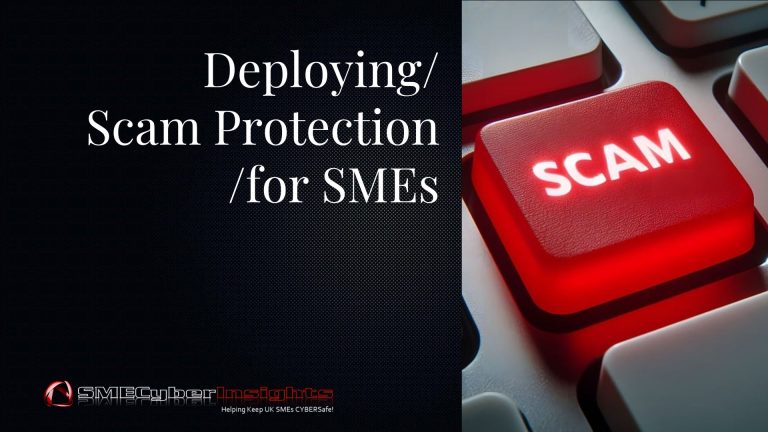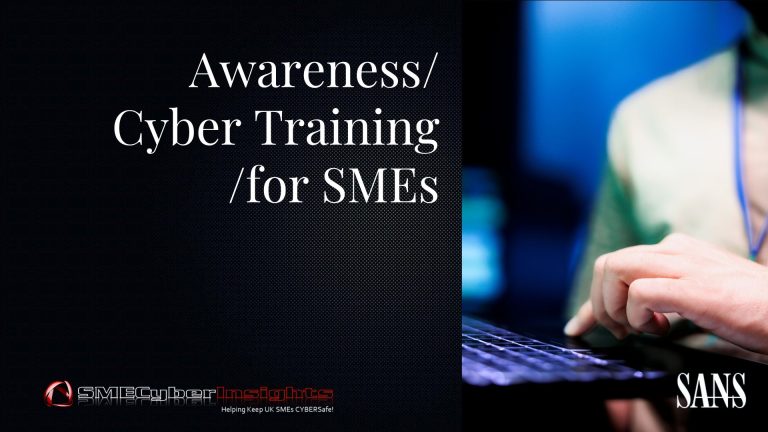BREAKING: ICO Convicts Eight in Largest Ever Nuisance Call Investigation – 1M SMEs Affected
July 18, 2025Helping Keep Small Business CYBERSafe!
Gibraltar: Friday 18 July 2025 at 11:00 CET
BREAKING: ICO Convicts Eight in Largest Ever Nuisance Call Investigation – One Million SME Customers Compromised
By: Iain Fraser – Cybersecurity Journalist
Published in Collaboration with: Nord VPN
SMECyberInsights.co.uk – First for SME Cybersecurity
Google Indexed on 180725 at 11:35 CET
#SMECyberInsights #SMECyberAwareness #CyberSafe #SME #SmallBusiness #ICO #BoilerRoom
The Information Commissioner’s Office (ICO) has secured convictions against eight men following its largest ever nuisance call investigation, exposing a criminal network that accessed approximately one million records from vehicle repair garages across England, Scotland and Wales to fuel what the ICO describes as “distressing predatory calls.”
The landmark case, concluded at Bolton Crown Court in June 2025, has profound implications for Small & Medium Enterprises across the UK, particularly those in the automotive repair sector, highlighting critical vulnerabilities in customer data protection and the devastating consequences of inadequate Cybersecurity measures.
The Scale of the Criminal Enterprise
The investigation began in 2016 when the owner of a car repair garage in County Durham contacted the regulator, saying he was worried his customers blamed him for the nuisance calls they were receiving about personal injury claims. What started as a single complaint rapidly escalated into the ICO’s most extensive nuisance call investigation.
The ICO‘s investigations team conducted nine warrants in the Manchester and Macclesfield areas, seizing devices containing 241,000 emails, 4.5 million documents, 144,000 spreadsheets, 1.5 million images and 83,000 multimedia files. This represents the “widest body of evidence we have ever seen, demonstrating the misuse of people’s personal details to make nuisance calls,” according to the ICO.
The Criminal Network’s Operation
The conspiracy operated between 2014 and 2017, with the defendants systematically targeting vehicle repair garages to obtain customer data without consent. This data was then sold onto claims management firms hoping to generate potential leads for personal injury claims.
Key Defendants and Charges:
A jury at Bolton Crown Court found Craig Cornick, 40, of Prestbury, guilty of conspiracy to unlawfully obtain personal data contrary to the Data Protection Act. Seven other men from Greater Manchester and Cheshire had previously pleaded guilty to various offences:
* Vincent McCartan, 30, of Failsworth – guilty of conspiracy under both Data Protection Act and Computer Misuse Act
* Ian Flanagan, 40, of Macclesfield – guilty of conspiracy under both Data Protection Act and Computer Misuse Act
* Mark Preece, 44, of Manchester – guilty of conspiracy under both Data Protection Act and Computer Misuse Act
* Kiernan Thorlby, 35, of Macclesfield – guilty of conspiracy under both Data Protection Act and Computer Misuse Act
* Fahad Moktadir, 32, of Stockport – guilty of conspiracy under Data Protection Act
* Adam Crompton, 35, of Northwich – guilty of two counts under Data Protection Act
* Thomas Daly, 35, of Macclesfield – guilty of two counts under Data Protection Act
Critical Implications for SMEs
This case exposes fundamental vulnerabilities in how Small & Medium Enterprises handle customer data, with particularly severe implications for the automotive repair sector and similar service industries.
Immediate SME Vulnerabilities Exposed
Customer Trust Erosion: The investigation began after a garage owner in County Durham reported that customers were blaming him for receiving unsolicited calls. This highlights how data breaches can fundamentally damage the relationship between SMEs and their customers, even when the business is a victim rather than perpetrator.
Reputational Damage: For SMEs in the automotive repair sector, customer data breaches can result in immediate business losses as customers lose trust in the garage’s ability to protect their personal information.
Regulatory Exposure: The case demonstrates the ICO’s increasing focus on pursuing criminal charges under both the Data Protection Act and Computer Misuse Act, with SMEs potentially facing both civil penalties and criminal prosecution.
Sector-Specific Risks
Automotive Repair Industry: Vehicle repair garages represent a particularly attractive target for cybercriminals due to the nature of customer data they hold, including:
* Vehicle registration details
* Insurance information
* Personal contact details
* Accident and repair histories
* Payment information
Similar Risk Sectors: Other SMEs handling comparable customer data face similar risks, including:
* Insurance brokers
* Healthcare providers
* Legal services
* Financial advisors
* Equipment rental companies
The Broader Criminal Network
ICO Head of Investigations Andy Curry emphasised the scale of the operation: “This case uncovered a vast, murky criminal network where crash details were stolen from garages across England, Scotland and Wales and traded to fuel distressing predatory calls”.
Significantly, the ICO has “an ongoing second phase of our investigation and anticipate further prosecutions of people embedded into insurance companies and claims management companies with the sole aim of stealing personal data”. This indicates that the criminal network extends beyond the eight convicted individuals and includes insiders within legitimate businesses.
Technical Analysis of the Data Breach
The seized evidence provides unprecedented insight into the scale of organised data theft targeting SMEs:
* 241,000 emails – indicating sophisticated communication networks
* 4.5 million documents – suggesting systematic data harvesting
* 144,000 spreadsheets – demonstrating organised data processing
* 1.5 million images – potentially including identity documents
* 83,000 multimedia files – indicating comprehensive data collection
This evidence suggests the criminal network operated with commercial-level sophistication, targeting SMEs precisely because they often lack the Cybersecurity infrastructure of larger enterprises.
Current Regulatory Enforcement Trends
The case represents a significant escalation in ICO enforcement activity, with the regulator pursuing criminal charges rather than civil penalties. This shift has critical implications for SMEs:
Increased Criminal Liability: The ICO is increasingly willing to pursue criminal prosecutions under both data protection and computer misuse legislation, with potential consequences including:
* Unlimited fines
* Prison sentences
* Proceeds of Crime Act proceedings
* Director disqualification
Enhanced Investigation Powers: The case demonstrates the ICO’s sophisticated investigative capabilities, including:
* Multi-location warrant execution
* Digital forensic analysis
* Long-term surveillance operations
* Inter-agency cooperation
SME Protection Strategies
Given the scale and sophistication of the criminal network exposed in this case, SMEs must implement comprehensive data protection measures:
Immediate Actions Required
Access Control Review: SMEs must audit who has access to customer data, implementing role-based access controls and regular access reviews.
Data Minimisation: Businesses should only collect and retain customer data essential for their operations, reducing the potential impact of any breach.
Staff Training: Given the criminal network’s use of insiders, SMEs must implement comprehensive staff training on data protection and social engineering awareness.
Customer Communication: Businesses should proactively communicate their data protection measures to customers, helping to maintain trust and reduce the risk of reputational damage.
Technical Safeguards
Encryption: All customer data should be encrypted both in transit and at rest, making it unusable even if accessed by criminals.
Monitoring Systems: SMEs should implement data access monitoring to detect unusual access patterns that might indicate criminal activity.
Regular Security Assessments: Businesses should conduct regular Cybersecurity assessments to identify vulnerabilities before they can be exploited.
Industry Response and Future Implications
The investigation began after a garage owner in County Durham reported that customers were blaming him for receiving unsolicited calls, highlighting the importance of SMEs reporting suspicious activity promptly.
The case has significant implications for the automotive repair industry specifically, with trade associations likely to review data protection guidance and potentially mandate enhanced Cybersecurity measures for members.
Upcoming Sentencing and Proceeds of Crime
All defendants are due to return to court on 11 July, where it is proposed Proceeds of Crime Act and cost issues will be discussed, with sentencing following at a later date. The use of Proceeds of Crime Act proceedings indicates the substantial financial scale of the criminal enterprise.
Conclusion
This landmark ICO case represents a watershed moment for Small & Medium Enterprises across the UK, demonstrating both the sophisticated nature of modern data theft operations and the severe consequences of inadequate data protection measures.
The conviction of eight men for stealing approximately one million customer records from vehicle repair garages sends a clear message about the ICO’s enhanced enforcement capabilities and willingness to pursue criminal charges. However, the case also highlights the vulnerability of SMEs to organised cybercriminal networks specifically targeting smaller businesses with limited Cybersecurity resources.
For SMEs in the automotive repair sector and similar industries, this case should serve as an urgent call to action to review and enhance their data protection measures. The reputational damage, regulatory exposure, and customer trust issues demonstrated in this case could be catastrophic for smaller businesses unable to absorb such impacts.
The ICO’s indication of further prosecutions targeting insiders within insurance companies and claims management firms suggests this case represents only the beginning of a broader enforcement campaign against organised data theft operations targeting SMEs.
Businesses that fail to implement adequate data protection measures risk not only becoming victims of similar criminal networks but also facing the full force of the ICO’s enhanced enforcement powers, including criminal prosecution and unlimited fines.
UK Small Business Owner? Join SMECyber Free Now! & Access the SME Cyber Forum – Read, Learn, Engage, Share …
The Latest SME Cybersecurity News, Threat Intelligence & Analysis, Timely Scam Alerts, Best-practice Compliance, Mitigation & Resources specifically curated for UK Based SMEs in a Single Weekly Email direct to your Inbox or Smart Device together with Unrestricted Free Access to our entire SME Cyber Knowledge & Tutorial Library.
What is a VPN & Does my SME Need one? A VPN is a Virtual Private Network a method of securing your communications credentials. When it comes to Small and Medium-sized enterprises (SMEs), the choice of VPNs can significantly impact the security and efficiency of their operations.
The NordVPN service allows you to connect to 5600+ servers in 60+ countries. It secures your Internet data with military-grade encryption, ensures your web activity remains private and helps bypass geographic content restrictions online. Join NordVPN Today and Save up to 73% and Get 3 months Extra Free Rude Not to …!

